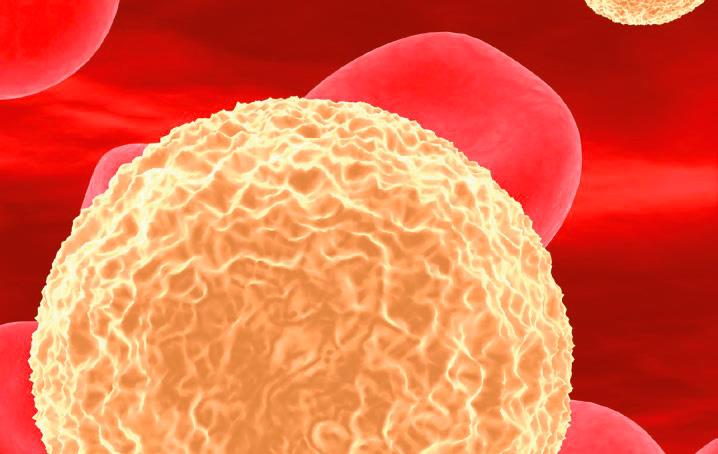
There appears to be no significant survival difference between first-line immune checkpoint inhibitor (ICI) and carboplatin-based chemotherapy in cisplatin-ineligible metastatic urothelial carcinoma patients, according to a Taiwan study presented at the recent 2019 Asia Congress of the European Society for Medical Oncology (ESMO Asia 2019).
“First-line ICI for cisplatin-ineligible metastatic urothelial carcinoma patients has been approved by the [US] Food and Drug Administration and [the] European Medicines Agency,” the researchers said. “However, there is still a lack of evidence to directly compare treatment efficacy between ICI and conventional carboplatin-based chemotherapy.”
To address this, a retrospective analysis was conducted to compare the survival outcomes between ICI and carboplatin treatment. A total of 130 metastatic urothelial carcinoma patients who underwent first-line ICI or carboplatin-based chemotherapy at Kaohsiung and Linko Chang Gung Memorial Hospital between May 2001 and June 2019 were recruited.
The researchers performed univariate and multivariate survival analyses using Kaplan-Meier curves and Cox proportional regression models.
Of the patients, 44 (34 percent) were included in the ICI group and 86 (66 percent) in the carboplatin group. No significant difference was observed in median overall survival between ICI and carboplatin groups (11.1 vs 9.5 months, respectively; p=0.46). The median progression-free survival was 2.5 months in the ICI group and 3.7 months in the carboplatin group (p=0.92). [ESMO Asia 2019, abstract 221P]
Subgroup analysis revealed a significantly worse overall survival for ICI treatment in patients with elevated pretreatment white blood cell count ≥10,000 × 103/μL compared with those on carboplatin-based chemotherapy (hazard ratio, 2.41, 95 percent confidence interval, 1.1–5.25; p=0.03).
“In this real-world data analysis, we didn’t show significant survival difference in first-line treatment with ICI and carboplatin-based chemotherapy,” the researchers said.
A recent study by Feld and colleagues also compared ICI with carboplatin-based chemotherapy in metastatic urothelial carcinoma patients using real-word data and found that survival in the first year of treatment was lower with ICI vs chemotherapy. However, ICI was superior for those who survived beyond the first year. [Eur Urol 2019;76:524-532]
“[C]linicians and patients should carefully consider how to balance the short-term benefit of chemotherapy against the long-term benefit of immunotherapy,” the authors said.
In a phase II study, Vander Velde and colleagues compared the effectiveness of checkpoint inhibitor atezolizumab vs carboplatin-based chemotherapy. They found that atezolizumab provided a survival benefit over chemotherapy after 5–9 months. [Eur Urol Oncol 2019;2:12-20]
“First-line atezolizumab for cisplatin-ineligible metastatic urothelial carcinoma may provide an overall survival benefit over carboplatin-based treatments after 5–9 months, depending on the regimen,” the investigators said.